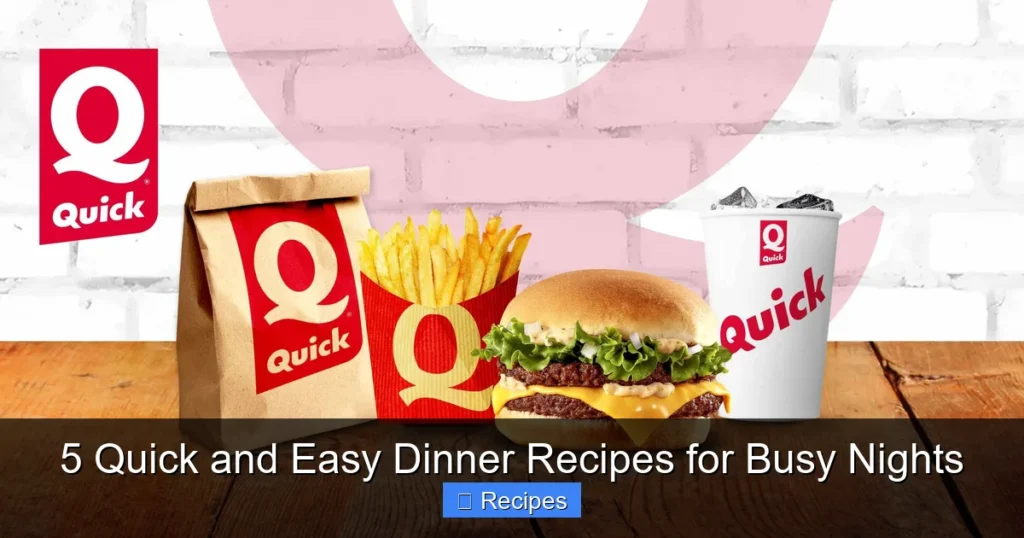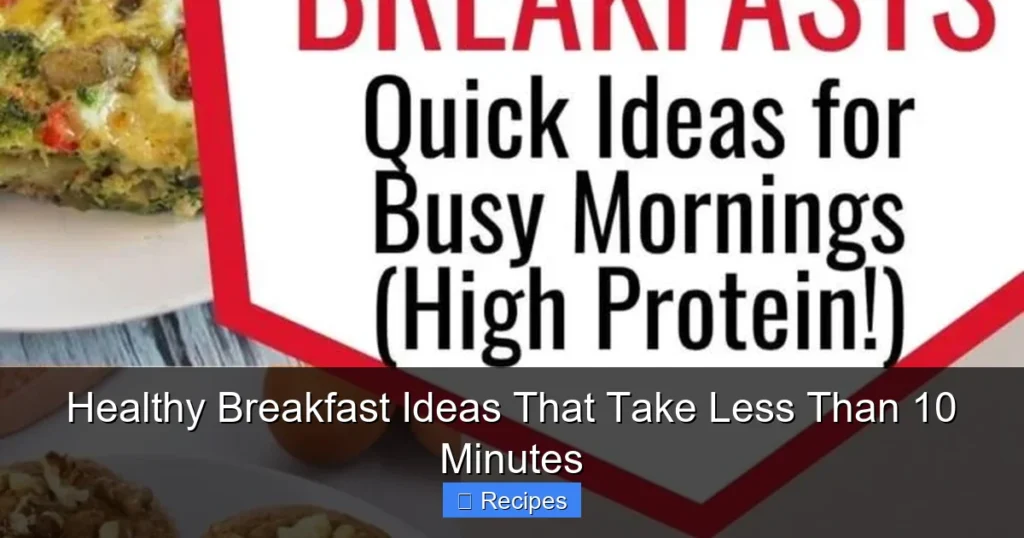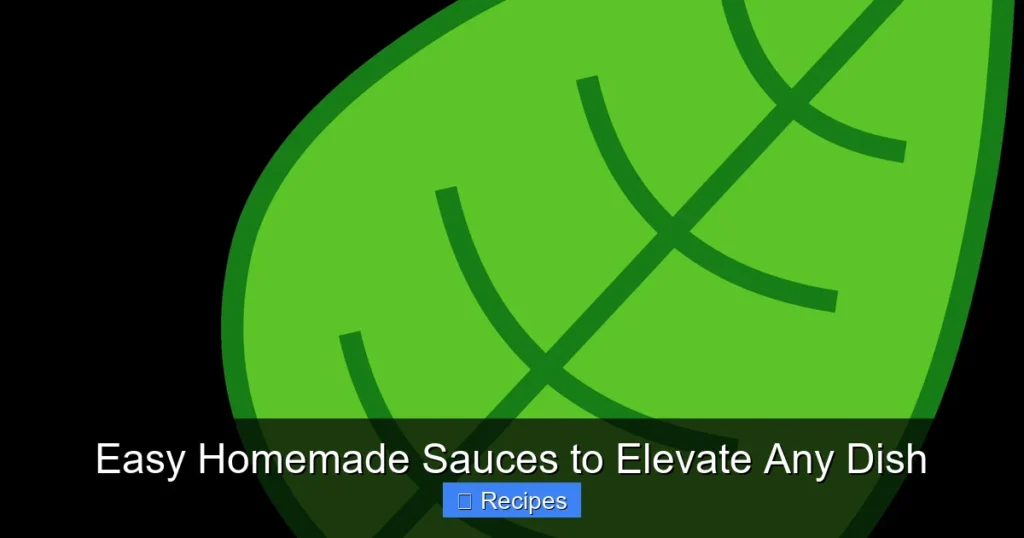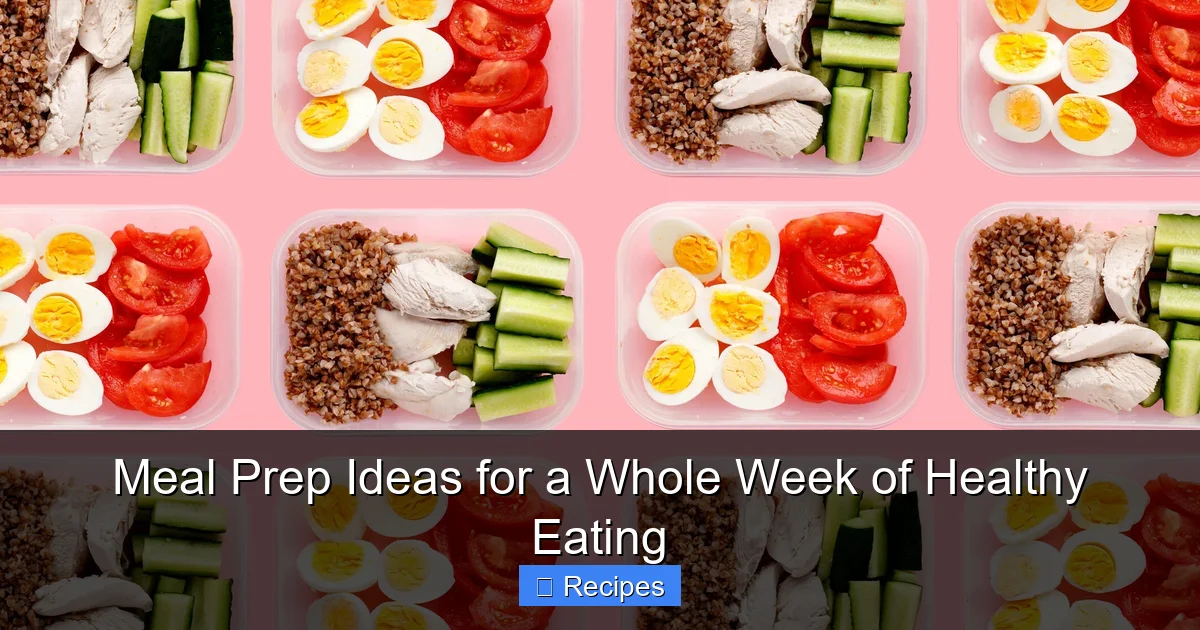
Featured image for this comprehensive guide about weekly healthy meal prep
Image source: images.squarespace-cdn.com
Meal Prep Ideas for a Whole Week of Healthy Eating
Are you constantly battling the clock, struggling to put healthy meals on the table after a long, demanding day? Do you often find yourself reaching for takeout menus, only to regret the cost and the nutritional value later? You’re not alone. In our fast-paced world, maintaining a balanced diet can feel like an insurmountable challenge, leading to stress, wasted money, and compromised health goals. But what if there was a simple, effective solution that could transform your eating habits, save you precious time, and even put more money back in your pocket?
Enter the game-changer: weekly healthy meal prep. This isn’t just a trend; it’s a lifestyle revolution. Imagine opening your fridge to find delicious, nutritious meals ready to go, requiring minimal effort to heat and enjoy. No more last-minute cooking franticness, no more unhealthy impulse buys, and no more food waste guilt. By dedicating a few hours each week to smart planning and preparation, you can unlock a world of culinary convenience and nutritional excellence. Get ready to discover how to master meal prep ideas for a whole week of healthy, delicious eating!
This comprehensive guide will walk you through everything you need to know, from the essential tools to mouth-watering healthy meal prep recipes, expert storage tips, and strategies to make meal prepping a sustainable part of your routine. Let’s dive in and transform your approach to food, one prepped meal at a time!
Quick Answers to Common Questions
What exactly is weekly healthy meal prep?
It’s simply planning and preparing several meals or components in advance, usually on one day, to save time and ensure you eat well throughout the busy week. This makes healthy eating a breeze!
Why should I bother with weekly healthy meal prep?
You’ll save a ton of time during your weekdays, eat healthier by avoiding last-minute unhealthy choices, and even save money. It’s your secret weapon for consistent healthy eating!
How long does weekly healthy meal prep usually take?
While it varies, most people dedicate 2-4 hours on a Sunday (or another chosen day) to complete their weekly healthy meal prep. Think of it as an investment that pays off all week long!
What kind of foods are best for weekly healthy meal prep?
Focus on versatile ingredients like roasted vegetables, cooked grains (quinoa, brown rice), lean proteins (chicken, beans), and hard-boiled eggs. These components can be mixed and matched into delicious, healthy meals!
What basic tools do I need to start my weekly healthy meal prep journey?
You’ll want some good airtight containers, a cutting board, sharp knives, and maybe a few baking sheets. These essentials make weekly healthy meal prep much more efficient and enjoyable.
📋 Table of Contents
- Why Embrace Weekly Healthy Meal Prep? Unlocking the Benefits
- Getting Started: Your Essential Meal Prep Toolkit
- The Art of Planning: Crafting Your Weekly Meal Prep Strategy
- Delicious & Diverse Weekly Healthy Meal Prep Ideas
- Master Food Storage & Safety for Longevity
- Overcoming Common Meal Prep Challenges & Staying Motivated
- Conclusion: Your Path to a Healthier, Happier Week
Why Embrace Weekly Healthy Meal Prep? Unlocking the Benefits
The decision to commit to weekly healthy meal prep is one of the best investments you can make in your health and well-being. The benefits extend far beyond just having food ready. Let’s explore the compelling reasons why millions are adopting this powerful habit.
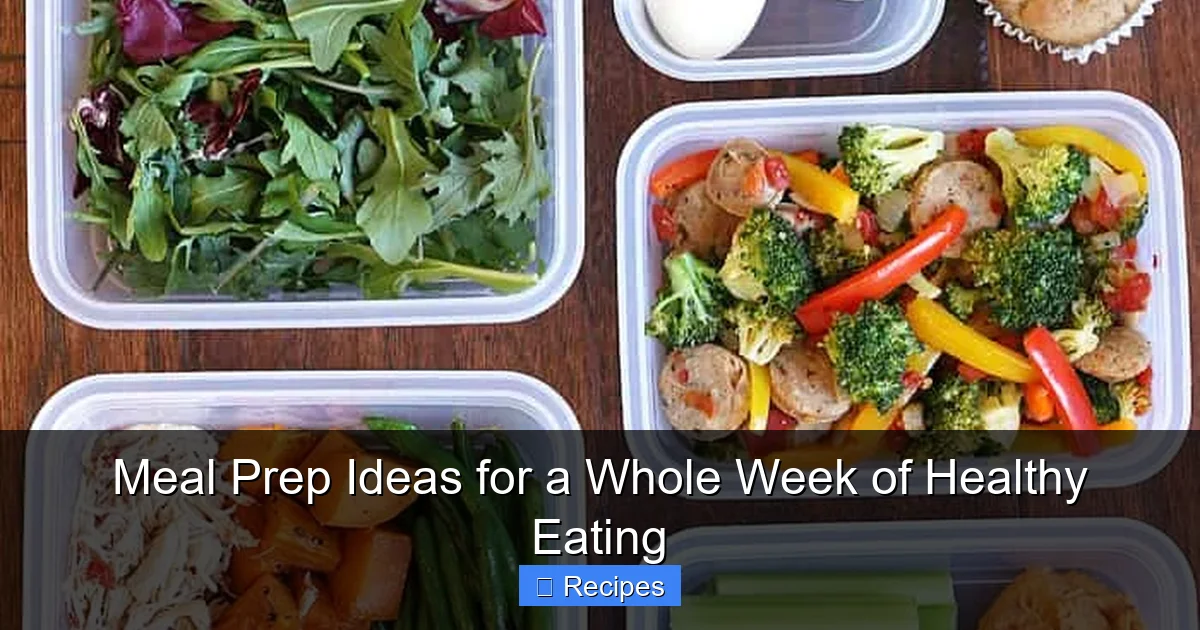
Learn more about weekly healthy meal prep – Meal Prep Ideas for a Whole Week of Healthy Eating
Image source: eatyourselfskinny.com
- Saves Time: This is arguably the biggest draw for busy individuals. Instead of cooking every night, you consolidate your cooking into one or two dedicated sessions. Studies suggest that meal prepping can save you an average of 8-10 hours per week that would otherwise be spent cooking and cleaning daily. Imagine what you could do with that extra time!
- Saves Money: Eating out, ordering delivery, and impulse grocery buys add up quickly. When you plan your meals and shop with a specific list, you avoid expensive last-minute purchases and significantly reduce food waste. Many meal preppers report saving hundreds of dollars a month by cutting down on restaurant meals.
- Supports Healthy Eating Goals: This is where healthy meal prep truly shines. When nutritious meals are readily available, you’re less likely to grab unhealthy snacks or processed foods when hunger strikes. You control the ingredients, portion sizes, and cooking methods, making it easier to stick to dietary preferences, weight management goals, or specific nutritional needs. For instance, if you’re aiming for higher protein intake or more vegetables, meal prep makes it effortless.
- Reduces Stress & Decision Fatigue: How many times have you stared into your fridge at 6 PM, dreading the question, “What’s for dinner?” Meal prep eliminates this daily dilemma. Knowing your meals are ready and waiting provides a sense of calm and frees up mental energy for other priorities.
- Promotes Portion Control: Pre-portioned meals are a fantastic tool for managing caloric intake and ensuring balanced nutrition. This is particularly beneficial for those on a weight loss journey or trying to maintain a healthy weight.
- Minimizes Food Waste: By planning and purchasing only what you need, and utilizing ingredients across multiple recipes, you drastically cut down on food that goes bad before you can use it. This is not only good for your wallet but also for the environment.
The cumulative effect of these benefits is a significant improvement in overall quality of life, demonstrating that weekly healthy meal prep is more than just cooking – it’s a strategic life hack.
| Benefit Category | Without Weekly Meal Prep | With Weekly Healthy Meal Prep |
|---|---|---|
| Time Efficiency | ~10-15 hours/week (daily cooking, shopping, decisions) | ~2-4 hours/week (dedicated prep session) |
| Cost Savings | ~$100-$150+/week (eating out, impulsive buys, waste) | ~$50-$80/week (planned groceries, bulk savings) |
| Nutritional Control | Often higher in unhealthy fats, sodium, sugar; portion control difficulty. | Full control over ingredients, macros, and portion sizes; balanced meals. |
| Food Waste Reduction | ~20-30% of groceries often unused/spoiled. | ~5-10% food waste (planned purchases, using all ingredients). |
| Stress & Decision Fatigue | Daily stress of “what to eat?”; impulsive, less healthy choices. | Reduced daily stress; healthy, ready-to-eat meals available. |
Getting Started: Your Essential Meal Prep Toolkit
Before you dive headfirst into the world of meal prep ideas, having the right tools can make the process much smoother and more enjoyable. You don’t need a gourmet kitchen, but a few key items will be incredibly helpful for efficient and safe healthy meal prep.
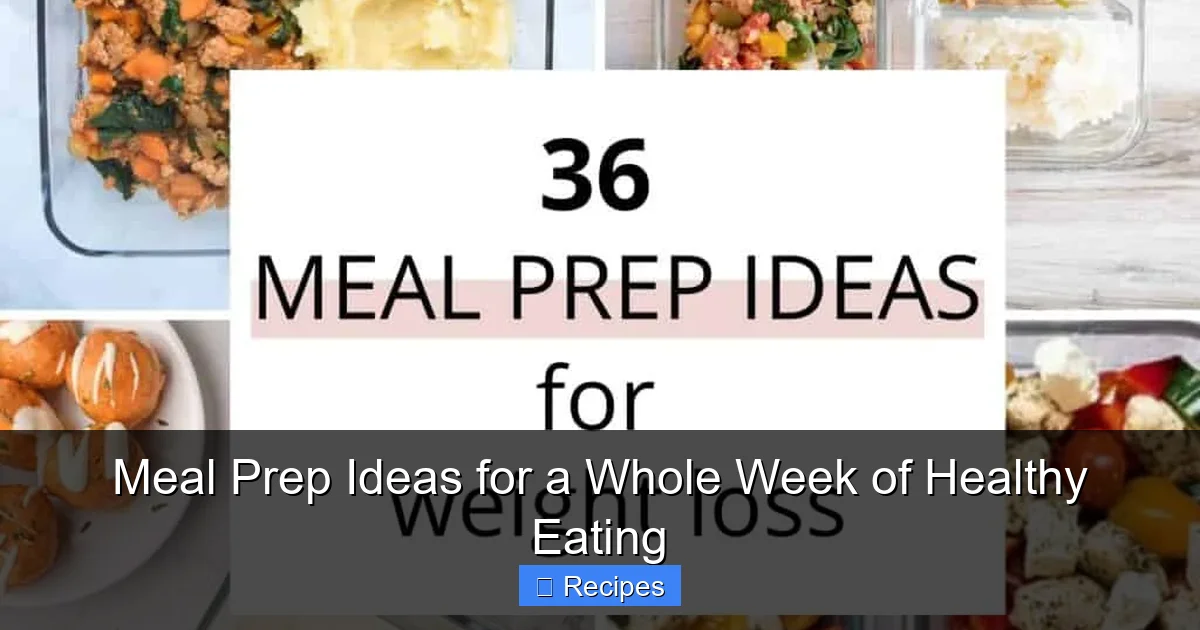
Learn more about weekly healthy meal prep – Meal Prep Ideas for a Whole Week of Healthy Eating
Image source: onewholesomelife.com
Essential Kitchen Equipment
- High-Quality Knives: A sharp chef’s knife and a paring knife will make chopping, dicing, and slicing much faster and safer.
- Cutting Boards: Have at least two – one for raw meats and one for produce – to prevent cross-contamination.
- Large Pots and Pans: You’ll be batch cooking, so big stockpots, baking sheets, and a large non-stick skillet are indispensable.
- Measuring Cups and Spoons: Essential for accurate portioning and consistent recipes.
- Mixing Bowls: A variety of sizes for tossing salads, marinating, and mixing ingredients.
- Food Processor/Blender (Optional but Recommended): Speeds up chopping vegetables, making sauces, or blending smoothies.
- Slow Cooker or Instant Pot (Optional but Highly Recommended): These appliances are meal prep superstars, allowing you to cook large batches of stews, chili, grains, or shredded meats with minimal effort.
Meal Prep Specific Containers
The right containers are crucial for storage, portability, and keeping your food fresh. Look for:
- Airtight Seals: Essential to prevent spoilage and freezer burn.
- Portion Control: Containers with compartments are fantastic for keeping different food items separate (e.g., protein, carb, veggie) and for managing portion sizes.
- Microwave, Dishwasher, and Freezer Safe: This will save you immense time and effort.
- Material: Glass containers are durable, non-staining, and don’t absorb odors, though they can be heavier. BPA-free plastic is lighter and more affordable. Choose what suits your lifestyle.
Investing in a good set of meal prep containers will pay off quickly by preserving the freshness and flavor of your carefully prepared weekly healthy meal prep.
The Art of Planning: Crafting Your Weekly Meal Prep Strategy
Successful weekly healthy meal prep hinges on thoughtful planning. Without a solid strategy, you risk ending up with a fridge full of disparate ingredients or meals you’re not excited to eat. Here’s how to craft an effective meal prep plan.
1. Assess Your Week and Preferences
- Consider Your Schedule: Are there days you’ll eat out? Do you need grab-and-go options for busy mornings?
- Dietary Needs & Goals: Are you focusing on high protein, low carb, vegetarian, or allergy-friendly meals? Tailor your healthy meal prep to these requirements.
- Favorite Flavors: Don’t force yourself to eat bland food. Incorporate flavors and cuisines you genuinely enjoy to prevent meal prep burnout.
- Batch Cooking vs. Component Prep: Decide if you want fully assembled meals or prefer to cook individual components (e.g., grilled chicken, roasted veggies, cooked grains) that can be mixed and matched throughout the week. Component prep offers more variety.
2. Plan Your Meals & Create a Menu
This is where you decide what you’ll eat for each meal. Consider a “theme” for your week to simplify decision-making:
- Breakfast: Overnight oats, egg muffins, smoothie packs.
- Lunch: Salads with pre-cooked protein, grain bowls, soup.
- Dinner: Chicken and veggie stir-fry, chili, sheet pan meals, pasta dishes.
- Snacks: Chopped veggies and hummus, fruit, hard-boiled eggs, yogurt parfaits.
A good starting point for a balanced meal includes a lean protein, a complex carbohydrate, and plenty of non-starchy vegetables. Write down your menu for the entire week.
3. Develop Your Grocery List
Once your menu is set, create a detailed grocery list, organized by supermarket section (produce, dairy, meat, pantry). This prevents forgotten items and impulse buys. Stick to your list!
4. Choose Your Prep Day & Allocate Time
Most people opt for a Sunday, but any day that gives you 2-4 dedicated hours will work. Treat it like an appointment. Put on some music, get comfortable, and get ready to cook.
5. Master Your Prep Strategy
Efficiency is key! Think about what can be done simultaneously:
- Washing & Chopping: Prep all your vegetables at once.
- Batch Cooking Grains: Cook a large batch of rice, quinoa, or farro.
- Protein Power: Cook multiple proteins (chicken, ground turkey, tofu) simultaneously on different pans or in different appliances.
- Roasting: Roast a large tray of vegetables while other things cook.
- Sauces & Dressings: Whip up your homemade dressings and sauces.
By following these planning steps, your weekly healthy meal prep will be organized, efficient, and ultimately, delicious.
Delicious & Diverse Weekly Healthy Meal Prep Ideas
Now for the fun part: the actual food! The beauty of healthy meal prep is its versatility. You can adapt almost any recipe to fit your prep needs. Here are some fantastic meal prep ideas to inspire your next cooking session.
Breakfast Boosters
Start your day right with pre-made breakfasts that are quick and nourishing.
- Overnight Oats: Mix rolled oats, milk (dairy or non-dairy), chia seeds, and your choice of sweetener/flavorings (fruit, nuts, cinnamon, protein powder). Store in individual jars. Lasts 3-5 days.
- Egg Muffins/Frittatas: Whisk eggs with chopped veggies, cheese, and cooked meat (optional). Pour into muffin tins and bake. Perfect for a protein-packed grab-and-go breakfast. Lasts 3-4 days.
- Smoothie Packs: Portion frozen fruits, spinach, protein powder, and flax seeds into individual freezer bags. In the morning, just add liquid and blend.
Lunchtime Legends
Forget sad desk lunches! These options are exciting and satisfying.
- Chicken & Veggie Bowls: Cooked quinoa or brown rice as a base, topped with baked or grilled chicken (or chickpeas for a vegetarian option), roasted broccoli, bell peppers, and a drizzle of homemade dressing.
- Mason Jar Salads: Layer dressing at the bottom, then hard vegetables (carrots, cucumber), grains/pasta, protein, softer vegetables, and finally, leafy greens on top. When ready to eat, just shake it into a bowl. Lasts 3-4 days.
- Turkey Chili or Lentil Soup: Batch cook a large pot. Portion into containers. Great for a comforting and hearty meal that improves with age. Lasts 4-5 days, or can be frozen.
- Lettuce Wraps with Ground Turkey/Lentils: Cook ground turkey or lentils with Asian-inspired flavors. Serve with fresh lettuce cups for a light, low-carb option.
Dinner Delights
Easy weeknight dinners that taste like you spent hours in the kitchen.
- Sheet Pan Fajitas: Slice chicken breast or steak (or bell peppers and onions for vegetarian), toss with fajita seasoning and a little oil. Roast on a sheet pan. Serve with tortillas, salsa, and avocado (add fresh).
- Lemon Herb Salmon with Roasted Asparagus & Sweet Potatoes: Bake salmon fillets with lemon and herbs. Roast asparagus and diced sweet potatoes alongside. A balanced and flavorful meal. Lasts 2-3 days for salmon, 4-5 for veggies.
- Pasta with Lean Meat Sauce: Prepare a large batch of whole wheat pasta and a lean ground turkey or vegetable marinara sauce. Combine or store separately. Lasts 4-5 days.
- Stuffed Bell Peppers: Fill bell peppers with a mixture of ground meat (or lentils), rice, and spices. Bake until tender. Freeze exceptionally well.
Smart Snacking Solutions
Keep hunger at bay with these simple, pre-portioned snacks.
- Chopped Veggies & Hummus: Carrot sticks, cucumber slices, bell pepper strips in individual containers with a dollop of hummus.
- Fruit & Nut Packs: Small bags of apples slices, berries, grapes, combined with a handful of almonds or walnuts.
- Greek Yogurt Parfaits: Layer Greek yogurt with berries and a sprinkle of granola (add granola just before eating to prevent sogginess).
- Hard-Boiled Eggs: Cook a dozen at once for a quick protein boost. Lasts up to 7 days in the fridge.
The key to variety in weekly healthy meal prep is to rotate your recipes and experiment with different flavor profiles. Don’t be afraid to try new ingredients and cooking methods!
Master Food Storage & Safety for Longevity
You’ve put in the hard work prepping your delicious healthy meal prep. Now, it’s crucial to store it correctly to ensure it stays fresh, safe, and tasty throughout the week. Improper storage can lead to spoilage, foodborne illness, and wasted effort.
Safe Storage Guidelines
- Cool Down Quickly: Never let cooked food sit at room temperature for more than two hours. Divide large batches into smaller containers to help them cool faster before refrigerating.
- Airtight Containers are Key: Use high-quality, airtight containers (glass or BPA-free plastic) to prevent air exposure, which causes spoilage and freezer burn.
- Refrigeration:
- Most cooked meals are safe in the refrigerator (below 40°F / 4°C) for 3-4 days.
- Cooked proteins like chicken, beef, fish, and eggs generally last 3-4 days.
- Cooked grains (rice, quinoa) and roasted vegetables last 4-5 days.
- Leafy greens and raw chopped veggies last 5-7 days, especially if stored with a paper towel to absorb excess moisture.
- Freezing for Longer Shelf Life:
- Many prepped meals (chili, stews, casseroles, cooked proteins, certain vegetables) freeze beautifully for up to 2-3 months.
- Use freezer-safe containers or heavy-duty freezer bags (squeezing out excess air).
- Label containers with the date and meal name for easy identification.
- Thaw frozen meals overnight in the refrigerator before reheating.
- Separate Components: For meals like grain bowls or salads, storing components separately can maintain texture and freshness. Dressings should always be stored apart until serving.
Reheating Tips
- Microwave: The quickest method. Ensure food is heated through to an internal temperature of 165°F (74°C). Stir halfway through for even heating.
- Stovetop: Ideal for sauces, stir-fries, and rehydrating rice/pasta with a splash of water or broth.
- Oven/Toaster Oven: Best for keeping crispy textures in roasted vegetables or baked chicken. Cover initially to prevent drying out, then uncover for the last few minutes.
By adhering to these food safety and storage practices, your weekly healthy meal prep will not only be delicious but also safe and enjoyable all week long.
Overcoming Common Meal Prep Challenges & Staying Motivated
Even with the best intentions and the most delicious meal prep ideas, you might encounter bumps in the road. It’s completely normal! The key to long-term success with weekly healthy meal prep is to anticipate these challenges and have strategies to overcome them.
Challenge 1: Lack of Variety / Flavor Fatigue
Eating the same thing day after day can get boring, leading to meal prep burnout.
- Solution: Component Prep: Instead of full meals, prep individual components (e.g., plain chicken, roasted veggies, cooked quinoa). Then, mix and match with different sauces, spices, or fresh toppings each day.
- Rotate Recipes: Don’t stick to just 2-3 recipes. Keep a “recipe bank” of 10-15 go-to healthy meal prep recipes and cycle through them.
- Explore Cuisines: Introduce variety by trying different ethnic flavors. One week might be Mediterranean, the next Mexican, then Asian.
- Fresh Garnishes: A squeeze of lime, fresh herbs, a sprinkle of hot sauce, or a handful of nuts can completely transform a prepped meal.
Challenge 2: Takes Too Much Time
The initial time investment can feel daunting, especially for beginners.
- Solution: Start Small: Don’t try to prep every single meal for the entire week on day one. Begin by prepping just lunches, or dinners for 3 days. Gradually increase as you get more efficient.
- Efficient Workflow: Clean as you go. Utilize kitchen appliances (Instant Pot, slow cooker, sheet pans) that do the work for you. Prep ingredients that cook similarly at the same time.
- Schedule It: Treat your meal prep session like any other important appointment. Put it on your calendar and stick to it.
Challenge 3: Food Goes Bad / Doesn’t Taste Good Later
Nobody wants to eat soggy salads or spoiled food.
- Solution: Smart Storage: Revisit the food storage section. Use airtight containers. Separate wet and dry ingredients. Store dressings separately.
- Know Your Ingredients: Some foods don’t hold up as well (e.g., delicate greens, avocado). Plan to add these fresh on the day of eating.
- Freeze What You Can: If you know you won’t eat something within 3-4 days, freeze it immediately.
Challenge 4: Lack of Motivation
Sometimes, the enthusiasm wanes.
- Solution: Find a Prep Buddy: Partner with a friend or family member to share recipes, accountability, and even cooking sessions.
- Reward Yourself: After a successful prep session, give yourself a small, non-food reward.
- Focus on the “Why”: Remind yourself of the benefits – the money saved, the time gained, the health goals achieved. Keep your “why” front and center.
- Listen to Music/Podcasts: Make the prep time enjoyable. Put on your favorite playlist or an interesting podcast.
Remember, weekly healthy meal prep is a skill that improves with practice. Don’t aim for perfection; aim for consistency. Every small step you take towards a more organized and healthier eating routine is a victory worth celebrating!
Conclusion: Your Path to a Healthier, Happier Week
Congratulations! You’re now equipped with a comprehensive understanding of how to make weekly healthy meal prep a cornerstone of your lifestyle. From understanding the undeniable benefits – saving time, money, and supporting your health goals – to mastering the essential tools, strategic planning, and a treasure trove of delicious meal prep ideas, you have everything you need to embark on this transformative journey.
Remember, the goal isn’t just about cooking food; it’s about reclaiming your time, empowering your health, and reducing daily stress. By dedicating a few hours each week to smart planning and batch cooking, you’re investing in a future where healthy, delicious meals are a given, not a daily struggle. Don’t be afraid to start small, experiment with flavors, and learn what works best for your unique schedule and preferences.
So, take that first step. Plan your menu, hit the grocery store with confidence, and embrace the joy of preparing nutritious food for yourself and your loved ones. Your future self – healthier, less stressed, and with more time on their hands – will thank you. Get ready to enjoy a whole week of effortless, healthy meal prep!
🎥 Related Video: How to make 10 Tasty Meals on a budget 🤝💵
📺 Noel Deyzel
Frequently Asked Questions
What exactly is weekly healthy meal prep?
Weekly healthy meal prep involves planning and preparing meals or meal components in advance, typically on one designated day, to cover your eating for the entire upcoming week. This approach helps ensure you have nutritious options readily available, making healthy eating more convenient and consistent.
How much time should I set aside for weekly healthy meal prep?
The time commitment for weekly healthy meal prep can vary, but most people find that dedicating 2-4 hours on a weekend or a free evening is sufficient. This includes planning, grocery shopping, cooking, and portioning, ultimately saving you significant time throughout your busy week.
What are the key benefits of incorporating weekly healthy meal prep into my routine?
Engaging in weekly healthy meal prep offers numerous advantages, including saving time, reducing food waste, and making healthier food choices more accessible. It also helps with budget management by minimizing impulsive takeout orders and allowing for bulk grocery purchases.
What types of healthy meals can I typically prepare with weekly meal prep for a whole week?
You can prepare a wide variety of healthy meals, from breakfast options like overnight oats or egg muffins, to lunches and dinners such as grain bowls, stir-fries, baked chicken with roasted vegetables, or hearty salads. The key is choosing recipes that hold up well when stored and can be easily reheated or assembled.
What are the best practices for storing my weekly healthy meal prep to keep it fresh?
To keep your weekly healthy meal prep fresh and safe, always use airtight containers and ensure food is properly cooled before storing it in the refrigerator. Most cooked meals will last 3-4 days in the fridge, while some components like roasted vegetables or grains can last up to 5 days, or you can freeze portions for longer storage.
Will weekly healthy meal prep make me eat the same thing every day, or can I still have variety?
Absolutely, weekly healthy meal prep doesn’t mean eating the same meal repeatedly. You can achieve variety by prepping versatile components like plain cooked protein, grains, and roasted vegetables, which can be combined in different ways throughout the week with various sauces or spices. Alternatively, prep two or three different complete meals to rotate.
